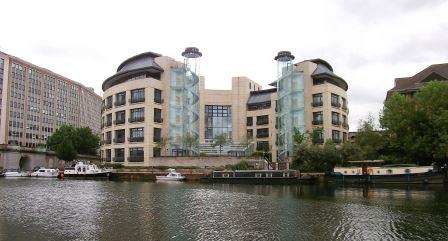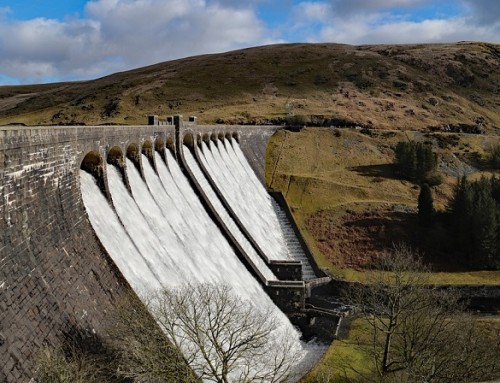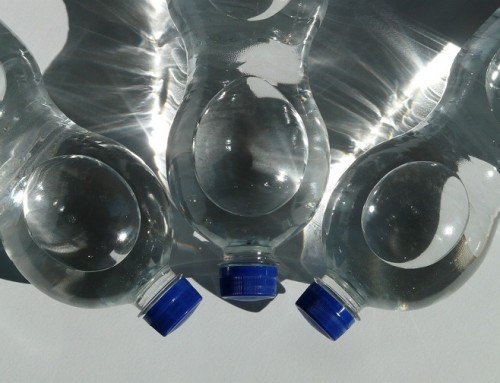 Throughout 2006 the largest climate change experiment ever took place with over 120,000 people taking part using their home computers. The experiment was the BBC Climate Change Experiment, a Berkeley Open Infrastructure for Network Computing (BOINC) project that was led by Oxford University in conjunction with several UK partners, including the Open University, the BBC, the UK Met Office, and Reading University.
Throughout 2006 the largest climate change experiment ever took place with over 120,000 people taking part using their home computers. The experiment was the BBC Climate Change Experiment, a Berkeley Open Infrastructure for Network Computing (BOINC) project that was led by Oxford University in conjunction with several UK partners, including the Open University, the BBC, the UK Met Office, and Reading University.
Participants in the project downloaded software onto their personal computers. This software ran when their computers were idle and made use of various models so that slight perturbations to various physics parameters could be taken note of, thereby giving an overall picture of the effect of climate change that could not be investigated on just one computer. Data compiled during this experiment covered predicted climate change up to 2080.
The results of the experiment were published in Nature Geoscience starting March 2012. Conclusions were that should greenhouse gas emissions continue to rise at the same rate that they current are, we are looking at a warming rate of between 3 and 5 degrees by 2050, which may not sound like much but is significant.
[Source: Science Fair]
In February this year, the UK experienced unusually hard and widespread rainfall and floods affected many areas, including Berkshire, Oxfordshire and Surrey. The water treatment works in Kenley, Croydon were also under threat of flooding, which would have disrupted water supplies to 47,000 properties in the area.
Add to the above, the level of leakage in Thames Water, which is the highest in the UK, is said to be enough to fill 300 Olympic-sized swimming pools every day. Add also the rising population in the UK and we can understand why people are questioning whether London’s water supply is under threat.
According to Thames Water, if current water consumption levels continue, London will soon see a substantial shortage of around 125 million litres of drinking water per day. To this end, Thames Water is seriously considering implementing a program that would treat and supply recycled toilet waste to the public. As it stands, Londoners could be drinking this recycled toilet waste by 2025.
While these predictions and alternate plans have not yet come about, it may seriously be time to consider investing in both a home water cooler and an office water cooler to ensure that the water that you are drinking is not somebody else’s recycled human waste.
Benefits of Home Water Coolers
Home water coolers are hygienic and supply the family with refreshing, chilled safe drinking water virtually 24/7. A home water cooler will save you money because you will no longer have to purchase expensive bottled water to ensure that your drinking water is fresh and tastes good. An added benefit to investing in a home water cooler is that it is eco-friendly as you will no longer be contributing to the huge landfill mess that is being created by discarded plastic water bottles.
Benefits of Home Water Coolers
Investing in an office water cooler holds many benefits for staff, including the fact that they will drink water more often thereby ensuring that they do not get dehydrated. Dehydration can cost company money as it interferes with an individual’s ability to work to the best of their ability; it makes the ill, fatigued, unable to do complex problems and affects their cognitive abilities. Health problems caused by dehydration include heart problems, renal problems, headaches, nausea, dizziness and a lack of energy.
Source:
Climate Prediction.net





